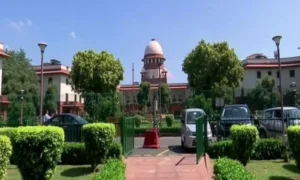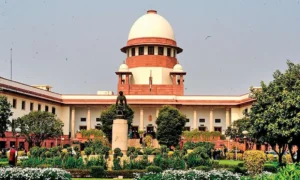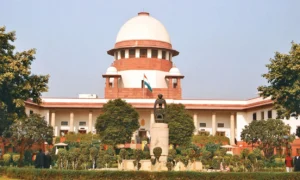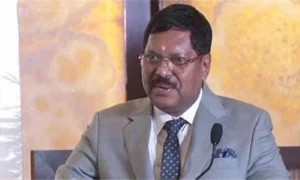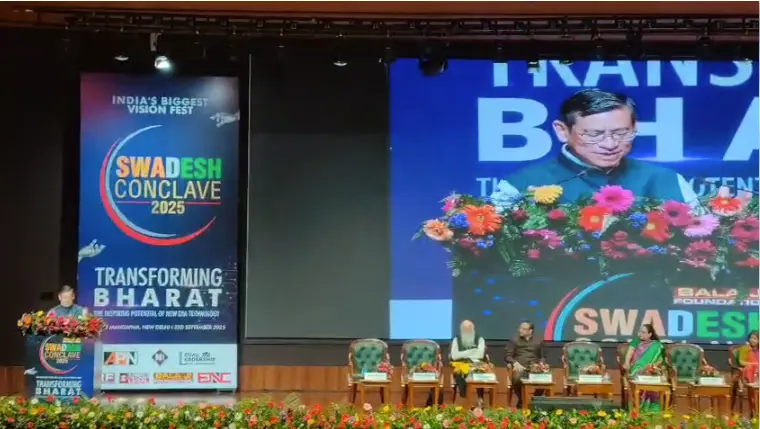
At the Swadesh Conclave 2025, the discourse was defined by two compelling yet contrasting narratives—India’s resolute quest for sustained economic growth and the solemn affirmation that human values must remain at the core of justice. A new third strand emerged: leveraging artificial intelligence as a catalyst to help India become a developed nation by 2047.
Supreme Court Judge N. Kotiswar Singh issued a note of caution, warning that entrusting AI with judicial responsibilities would be “inherently risky and dangerous.” He reinforced that justice is deeply rooted in empathy, contextual understanding, and conscience—qualities no algorithm can replace, even in a rapidly evolving technological landscape.
At the same time, economists and policymakers acknowledged that without consistent high growth—specifically the sustained 8.5% GDP trajectory—India’s transformational ambitions remain out of reach. N. K. Singh, chair of the 15th Finance Commission, urged a balanced focus on services and manufacturing to sustain and build upon the nation’s current growth momentum of around 8%. For him, the path to long-term structural change lies in continuity, not mere bursts of economic activity.
Bridging these conversations was a new, cautiously optimistic view of AI’s role in national development. Speakers suggested that with thoughtful integration, AI could serve as an enabler—precisely the kind of thoughtful, calibrated help India needs on its path to becoming a developed nation by 2047. AI’s potential to enhance productivity, governance, and innovation was highlighted, though always with an emphasis on ethical and inclusive application.
Union Minister Nitin Gadkari expanded the dialogue further, drawing attention to rural-urban disparities. He pointed to forward-looking innovations like biofuels derived from agro-waste and infrastructure development using recycled plastics as practical examples of how technology can power inclusive, sustainable growth. His remarks connected India’s economic aspirations with grassroots realities.
Adding youthful energy to the proceedings, MP Anurag Thakur called on young Indians to lead the charge in green investment and global competitiveness, urging that India’s destiny is shaped by its youth’s energy, speed, and vision. Manoj Tiwari echoed this sentiment, remarking that “Brand India” is not a construct of the state alone but of every citizen who contributes to the nation’s identity and strength.
Cultural voices resonated through the conclave as well. Speakers from media, branding, and the arts—including Usha Uthup and Prahlad Kakkar—emphasized how storytelling and creative expression are foundational to shaping Brand Bharat. Their words reminded attendees that India’s rise depends not only on economic and technological progress, but also on cultural vitality.
Taken together, the conclave painted a portrait of a nation at a pivotal crossroads. India’s ambition for high growth is clear, but so too is its commitment to grounding that growth in human-centric values. AI, positioned as a supportive tool rather than a substitute for human agency, can help facilitate India’s emergence as a developed country by 2047—but only if deployed ethically and inclusively. Growth must be relentless, yes, but always guided by empathy, integrity, and cultural depth.
📰 Crime Today News is proudly sponsored by DRYFRUIT & CO – A Brand by eFabby Global LLC
Design & Developed by Yes Mom Hosting

